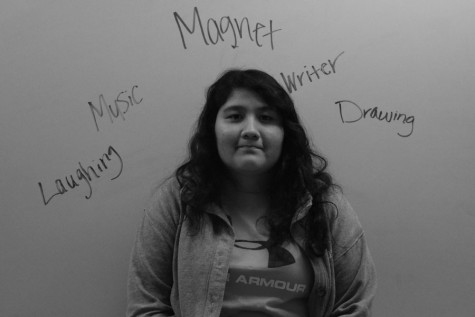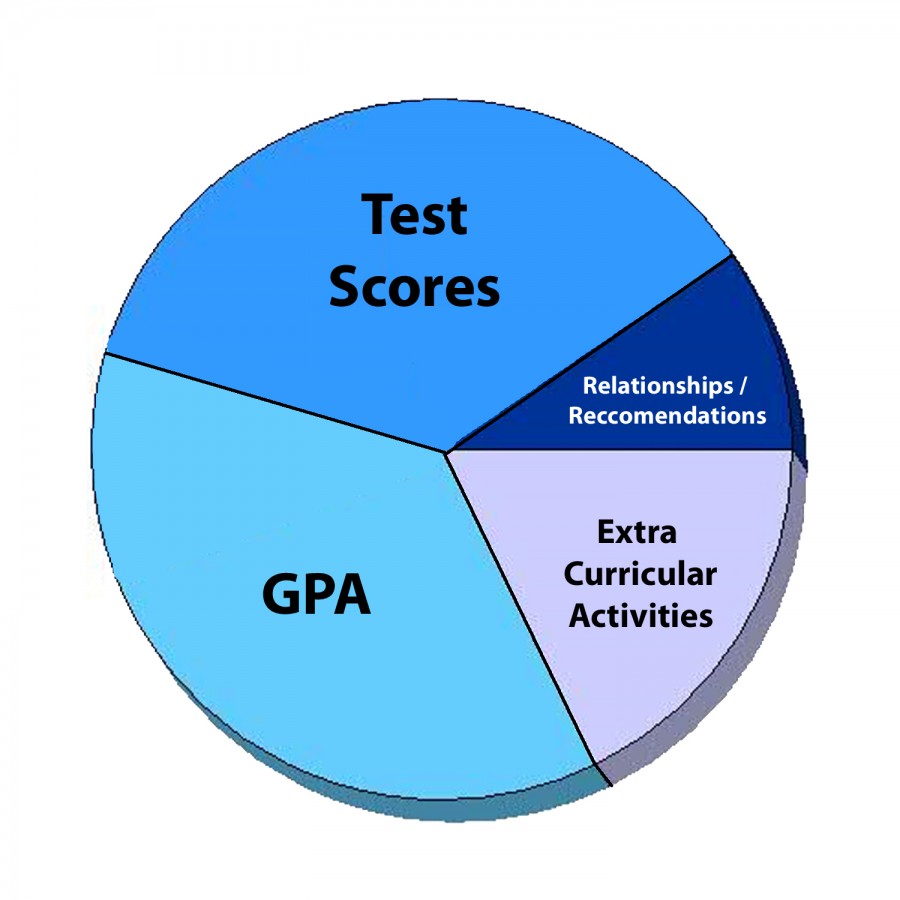What makes a student well-rounded?
All students have been told what a good college application looks like. “The main thing colleges look at are students’ ACT/SAT score, GPA, class rank and grades. They also put into consideration the clubs students participate in and what they do to help out the community, some of which help to make a well rounded student. To become a well- rounded student, consider investing in academics, excel in classes, get involved in a club in school or in the community. It is also a good idea to start as early as possible, but also know that it is not too late to do well.
On the other hand, some colleges would rather have a student dedicated to one school activity than be in multiple activities at once. North Shore College Consulting blog says,”The number 11 college myth is that colleges are looking for well-rounded students.” It is said that colleges do not want a well-rounded student, but rather a well-rounded class. Owatonna High School counselor Brynn McConnell said, “Instead of just choosing people individually, they want a group of students that have diverse interests, that has diverse academic achievements and interests. They want students of different backgrounds, achievements, interests and passions because that is what makes things interesting. That is where you really get a lot of good discussions and growths.” It depends on the college, though. Many colleges are differ in what kind of student they look for, whether it be a well-rounded student or a well-rounded class.
When asked if Riverland would want a well-rounded student, Edel Fernandez, the multicultural advisor and soccer coach said, “The student with the best grades are not necessarily the best students. The thing to keep in mind that will help you be successful in college is going to be your reading and math skills. I can tell you that a student who reads well is going to be more successful in college than the others that do not. One of the biggest factors to determine your success in college is going to be how well you read.”
He also notes the fact that many students here at OHS make the mistake of taking easy classes their senior year. Rather, senior year should be the year where students should be working the hardest to keep improving. Jacqueline Corral, University of Minnesota coordinator for Latino Recruitment, said, “We actually look for both. So, if you can take an extra year in math somehow, you can go ahead and do it. That just means that you are going to go above and beyond. Let’s say you have an A in an AP class. We know that it takes a lot more work to get that A in that AP class than to get an A in a regular class. If you can challenge yourself in a certain area, then certainly do that.” She also mentions that as students, they should make sure that they do not go over themselves by doing a million courses they can not handle. So, working with counselors to figure things out can be very beneficial.
Between a student’s GPA, test scores, class rank, grades and ACT/SAT score, there is no one single thing that is more important than the other. Assistant principal Nicole Adams said, “Is a 4.0 GPA impressive? Yes, it is impressive, but by itself, it doesn’t necessarily tell you the whole story. I think that the whole thing about being well-rounded is that someone may have a really high GPA, but if they spent all of their time doing nothing but working and studying to get that GPA, they are missing out on a lot of things as well. People really look at the whole package. They look at the skills that this young adult brings to an organization and so their skills may be reflected on their high GPA or their high test score, but not necessarily. It takes more than just those things to be successful.” Mrs. Adams agrees that a student’s GPA, test scores, etc. are important.
Over the years, it seems some colleges are beginning to change their minds between a well-rounded student or a regular student. The thing that most people are trying to get through to parents and students is to do what they love. The positions available for colleges accepting a well-rounded student has gotten smaller, so now most selective colleges are looking for students that excel in a specified area. In an article written by Fred Thys titled Well-Rounded Versus Angular: The Application Colleges Want To See, near the end of the article the author shares a story about a student’s mother’s conversation with the senior vice president for students and enrollment at Brandeis University, Andrew Flagel, to tell her son to drop crew and do more AP classes. The son’s reaction was the moral of the story and was what the writer was trying to portray. It shows a great example of what students should feel when they decide to join a club. This also shows how often times, students and parents are focusing more on what they think colleges want, rather than what they want to do personally.
For more information:

I am a senior and a writer for Magnet. I laugh at anything most of the time, hence my love for comedy, but sadly I'm not funny at all. So, If you need...


